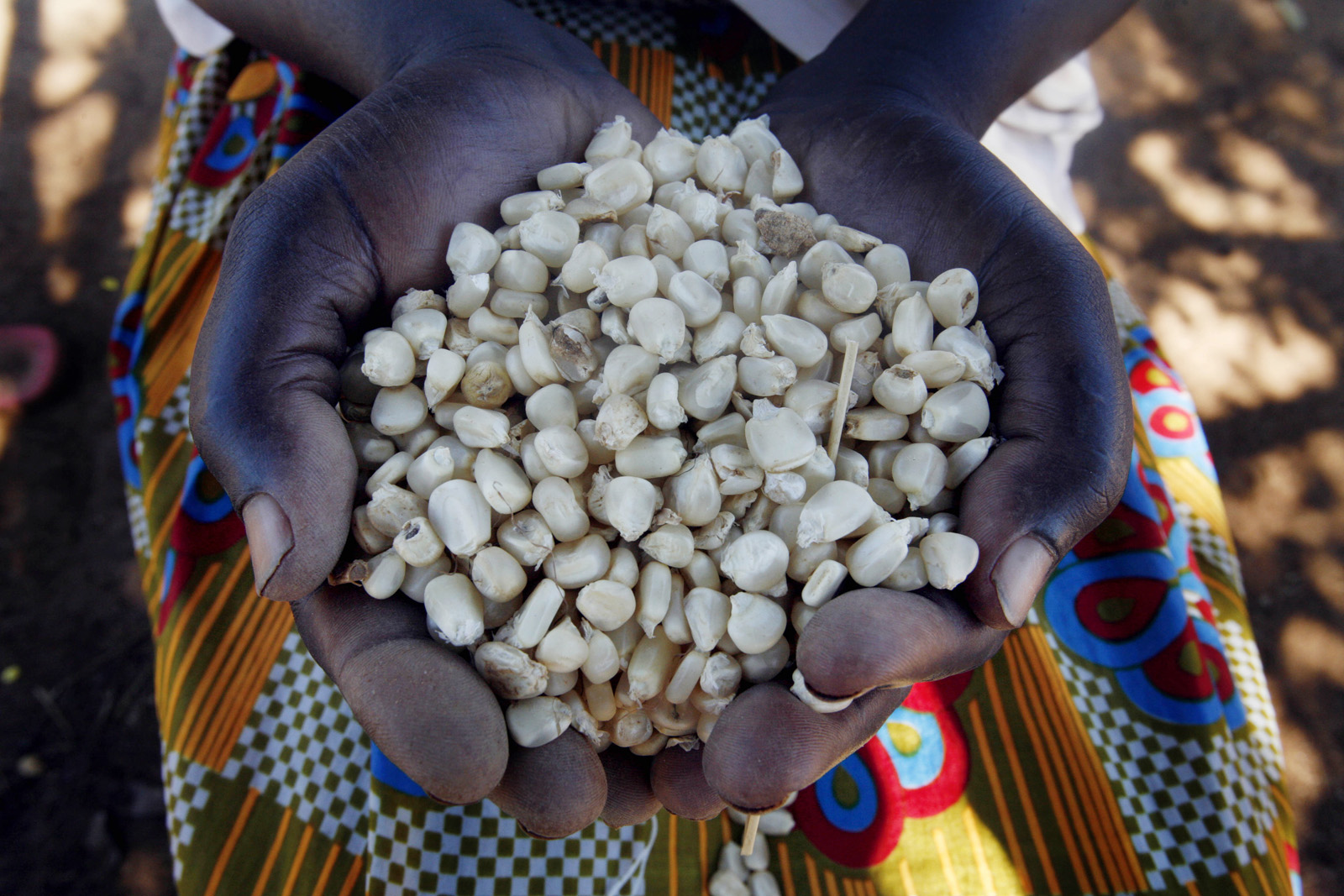"More than half of the expected harvest was lost in flooding and siltation," Methode Niyongendako, a consultant with the UN Food and Agriculture Organization (FAO), said.
The rains peaked in mid-September and November, exceeding forecasts in terms of volume and frequency, and were the heaviest since October 1961, according to households questioned, added Niyongendako.
The most affected provinces include Gitega, Mwaro, Ngozi and Ruyigi, which have many rivers running through them.
In Makamba, in the south of Burundi, at least 60 percent of the banana, cassava and maize crop was swept away, according to Salvator Sindayigaya, the agriculture provincial director, with the Kayagoro, Kibago, Makamba and Nyanzalac communes the most affected.
The affected crop accounts for the country's June to December harvest, agriculture season C, which represents 15 percent of the annual production.
According to the Famine Early Warning Systems Network (FEWS NET), the persistence of banana bacterial wilt in the provinces of Cankuzo and Kirundo and the continuation of cassava mosaic disease have further undermined food availability.
"In Cankuzo, food stocks for the poorest households are quickly depleting because the harvest from the 2011 C, mainly beans and maize, was lower than expected due to excess rains," added FEWS NET.
At present, the Ministry of Agriculture and partners are assessing the production for season 2012 A, which ends in January and represents 35 percent of the total annual production.
But there is little hope for good stocks as heavy rains, which started with the planting season in September 2011, continued throughout the cropping season.
On 11 January, for example, some 45 hectares of crops were destroyed in Buganda, northwestern Cibitoke Province.
"We were expecting a good harvest but hail destroyed all the crops of cassava and maize," said Ernest Ndayizeye, a local leader. "Our children will die of hunger."
Rising prices and funding issues
In central Karuzi Province, Isaac Nimpagaritse, an agriculture official, noted that food prices had increased.
A kilogramme of beans is now selling for 800 francs (US$0.62), double the normal price, after the bean crop was damaged at the flowering stage.
"If they [farmers] plant 50kg of beans they were normally getting 300kg [in harvests] but now they cannot even get [something] to eat. Many now have only a meal per day."
Food scarcity has also been blamed for primary school drop-outs in Karuzi where 5,000 children left school in the first term of the 2011-2012 school year, according to education officials.
In response, agriculture and administration officials are calling for help with planting material ahead of the next planting season B, expected to be harvested in June.
But limited funding is a problem.
"Emergency needs are not funded; what is provided for the intervention is well below the needs," said FAO's Niyongendako.
A programme coordinator at the UN World Food Programme, Christian Nzeyimana, said: "There are no pledges; we live on voluntary contributions from donors.
"If the situation worsens with the results of the evaluation of season A, the gap might be even bigger and compromise other programmes."
jb/aw/mw
This article was produced by IRIN News while it was part of the United Nations Office for the Coordination of Humanitarian Affairs. Please send queries on copyright or liability to the UN. For more information: https://shop.un.org/rights-permissions





